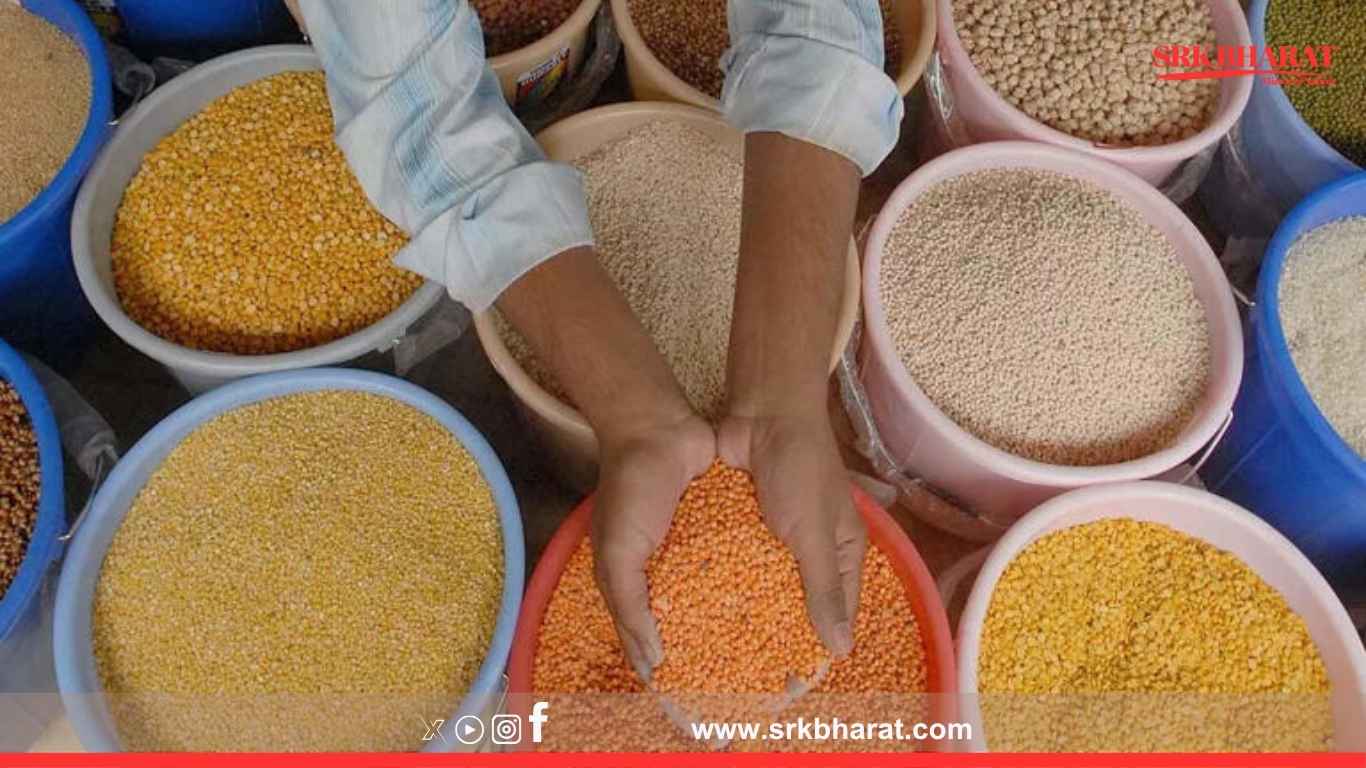The Government of India has reported a significant increase in the production of pulses and oilseeds over the past decade, even as Members of Parliament raised alarms over the country’s continued dependence on costly edible oil imports.
In a presentation to the Parliamentary Standing Committee on Agriculture, Animal Husbandry and Food Processing, the Ministry of Agriculture revealed that oilseeds production rose by 55% between 2014–15 and 2024–25, reaching 426.09 lakh tonnes, compared to just 13% growth in the previous decade.
🌾 Pulses Production Also Sees Strong Growth
The ministry noted that pulses output increased by 47% during the same period, outpacing the 31% growth recorded between 2004–14. However, 75% of pulse crops remain rainfed, grown on marginal lands by small and marginal farmers, posing challenges to further expansion.
🌍 Import Dependence Still High
Despite the production gains, India imported 15.66 million metric tonnes (MMT) of edible oils in 2023–24, meeting 56% of domestic demand.
- Sunflower oil: 3.49 MMT imported vs 3.55 MMT consumed
- Soybean oil: Over 60% of demand met through imports
- Palm oil: India remains almost entirely dependent on imports
MPs expressed concern over the ₹80,000 crore annual import bill and flagged health risks associated with cheap imported palm oil.
🛤️ Roadmap to Self-Reliance by 2030
The government outlined its strategy to achieve ‘Aatmanirbharta’ (self-reliance) in pulses and oilseeds by 2030–31, including:
- Incentivizing farmers to shift from paddy and wheat to pulses and oilseeds
- Promoting optimal use of edible oils and awareness of their health impacts
- Expanding procurement and support for rainfed crop regions
Stay tuned for updates on India’s agri-policy roadmap.











